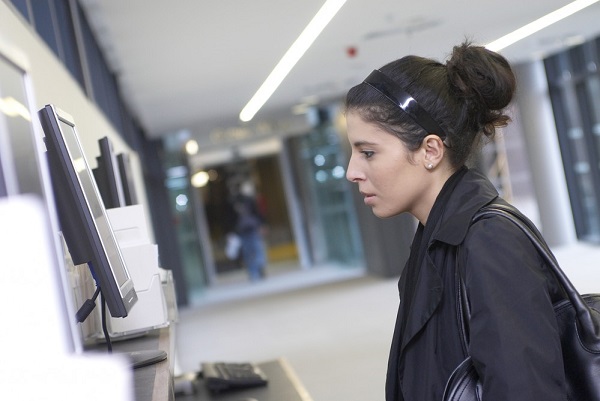Session on strategies to engage students in online learning
Posted on: 16 October 2018 by Peter Kahn in 2018 posts

We recently offered a development session for colleagues on how to engage students more effectively in online learning. The session was entitled, “Strategies to engage students in online learning: the role of reflexivity”. It explored the question of what difference it would make if online students were to find new ways to engage in their studies.
Just imagine yourself faced with a task that you have little idea how to progress or an activity that involves unpredictable responses from others. If a student has a requirement set down for them by a tutor, it may well to trigger reflexive deliberation on how best to meet it. Reflexivity, here, is understood as the ordinary mental capacity to consider oneself in relation to one’s social setting. According to work by Margaret Archer, reflexivity plays a key role in enabling individuals to takie concerns forward as projects, and in developing stable practices.
The session was intended to provoke discussion around the strategies that instructors can employ in response to three questions:
What can be done for new students as they adjust to the uncertainties of online learning?
- One key point is that students who are new to online learning are likely to face many uncertainties. Tutors who teach early on during a programme can helpfully develop greater awareness of the uncertainties that their students face.
What can be done to help students become more engaged in online discussions and teamwork?
- Even a simple task like responding in a group to a discussion question poses challenges. If students in the discussion can identify common interests, provoke each other to respond, encourage each other and so on then shared learning can emerge. But all of this has clear reflexive foundations – a student might well ask, "Can I take the risk in making this posting?"
- Tutors can help to draw attention to both the practices that are entailed and to the reflexive basis for this activity – it may be necessary for a student to exchange an informal email with someone else or Whatsapp message before provoking a fellow student to respond (an exchange that involves communicative relflexivity); or they may need to think about the social ideals at stake before they are willing to do this (meta-reflexivity) or just think on their own about the learning that they would all gain (autonomous reflexivity).
What can be done with respect to the lack of control that many students experience in moving ahead with their dissertations?
- A masters dissertation usually requires various approvals, and participants may be needed who will offer data. The lack of control they experience can lead some students to be anxious and to an absence of action – characteristics of 'fractured' reflexivity.
- One key is to recognise that control is indeed shared, and that there may be ways to influence the concerns and reflexive deliberations of those that the student is depending upon.
Colleagues attending pointed out that there is particular value in using synchronous tools as part of online learning, in that this can often allow the richer interactions that enable the understanding and trust that can help students to take time to size up through reflexivity the risks and uncertainties in play.
The session was based on an article in the journal Educational Technology Research and Development. The study investigated the engagement of students in masters degrees in the areas of Computer Science, Public Health and Management. The study is freely available at: https://doi.org/10.1007/s11423-016-9484-z
The article has had some evident impact already, with 5,300 downloads since it was first published online some two years ago. This is an order of magnitude larger than the figures for other articles in the same issue, and generally in the journal, so it has evidently reached an audience. There is clear value in drawing out some of the practical implications arising from what has become a significant study of the nature of online learning.